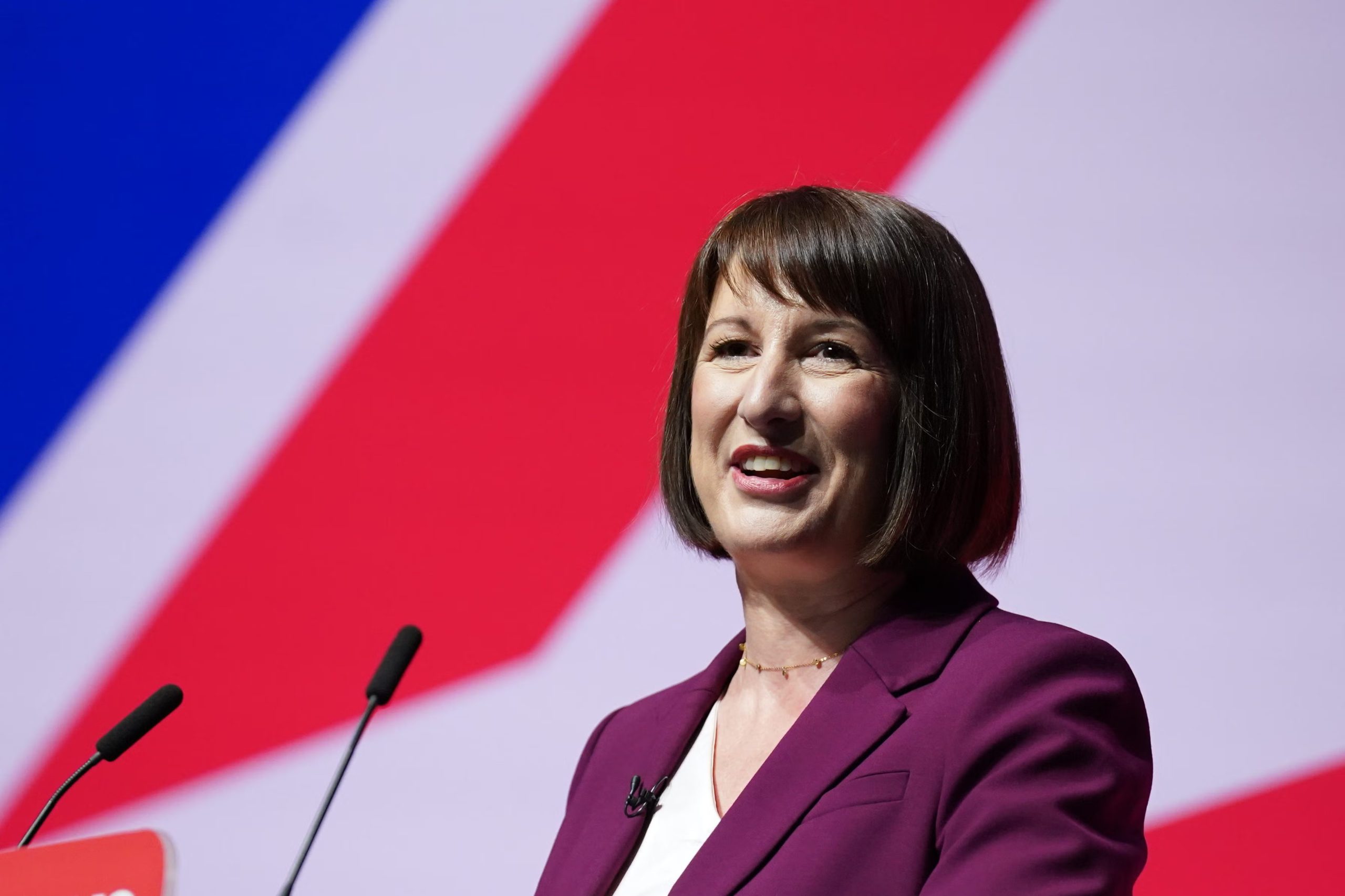The upcoming Budget from Chancellor Rachel Reeves is expected to be significant in terms of size and impact, focusing on substantial borrowing, taxation, and increased government spending. Reeves has expressed her commitment to invest extensively in the country, aiming to drive economic growth, increase incomes, and strengthen public services like the NHS.
This Budget will not only shape Labour’s economic agenda but will also emphasize the differences between their approach and that of the Conservatives. Reeves’s delivery is expected to be infused with optimism, underscoring Labour’s vision for Britain’s future and breaking from the more cautious tone that has characterized recent government messaging.
A central feature of the Budget is a proposed increase in employer National Insurance contributions, intended to protect employees’ pay while raising funds for public services. This has sparked political debate, as National Insurance hikes are often contentious.
Reeves’s strategy recalls Labour’s historical focus on public investment, similar to Gordon Brown’s approach, which championed growth and social spending in contrast to Conservative-led austerity. Labour hopes to distinguish itself as the party committed to economic opportunity and progress, framing this Budget as a vital part of that vision.
Conservatives, especially outgoing leader Rishi Sunak, are expected to strongly oppose this plan, arguing it will raise costs for businesses and working people. Sunak has labeled the employer National Insurance rise a “jobs tax,” contending that it could dampen employment and hinder economic recovery.

Rachel Reeves’s Ambitious Budget Plans to Boost Spending, Reshape UK Economy, and Support Public Services
This divergence highlights a fundamental ideological split, with Labour advocating investment and the Conservatives pushing fiscal conservatism. The Liberal Democrats are expected to critique the Budget’s handling of social care and healthcare accessibility, drawing attention to unresolved issues in these sectors.
Rachel Reeves’s role as Britain’s first female chancellor adds historical weight to this Budget. While the Conservatives have had three female prime ministers, this marks a milestone for Labour, with Reeves holding a top financial position.
Labour’s supporters view her leadership and ambitious fiscal approach as symbols of change, underscoring the party’s commitment to inclusivity and forward-looking policies. Her appointment represents a significant shift, as Labour seeks to address both social equity and economic renewal under her stewardship.
The Budget is likely to include an array of impactful policies, such as tax increases, relaxed borrowing rules, minimum wage hikes, and investments in education and healthcare infrastructure. Reeves describes it as a “once in a generation” Budget, aiming to address Britain’s pressing social and economic needs.
The scale of these proposals raises questions about their sustainability and whether they can achieve the transformative goals Reeves envisions. This Budget will be a crucial test for Labour’s capacity to manage economic reform and fulfill its commitment to tackling the country’s immediate challenges as well as its deeper, structural issues.
